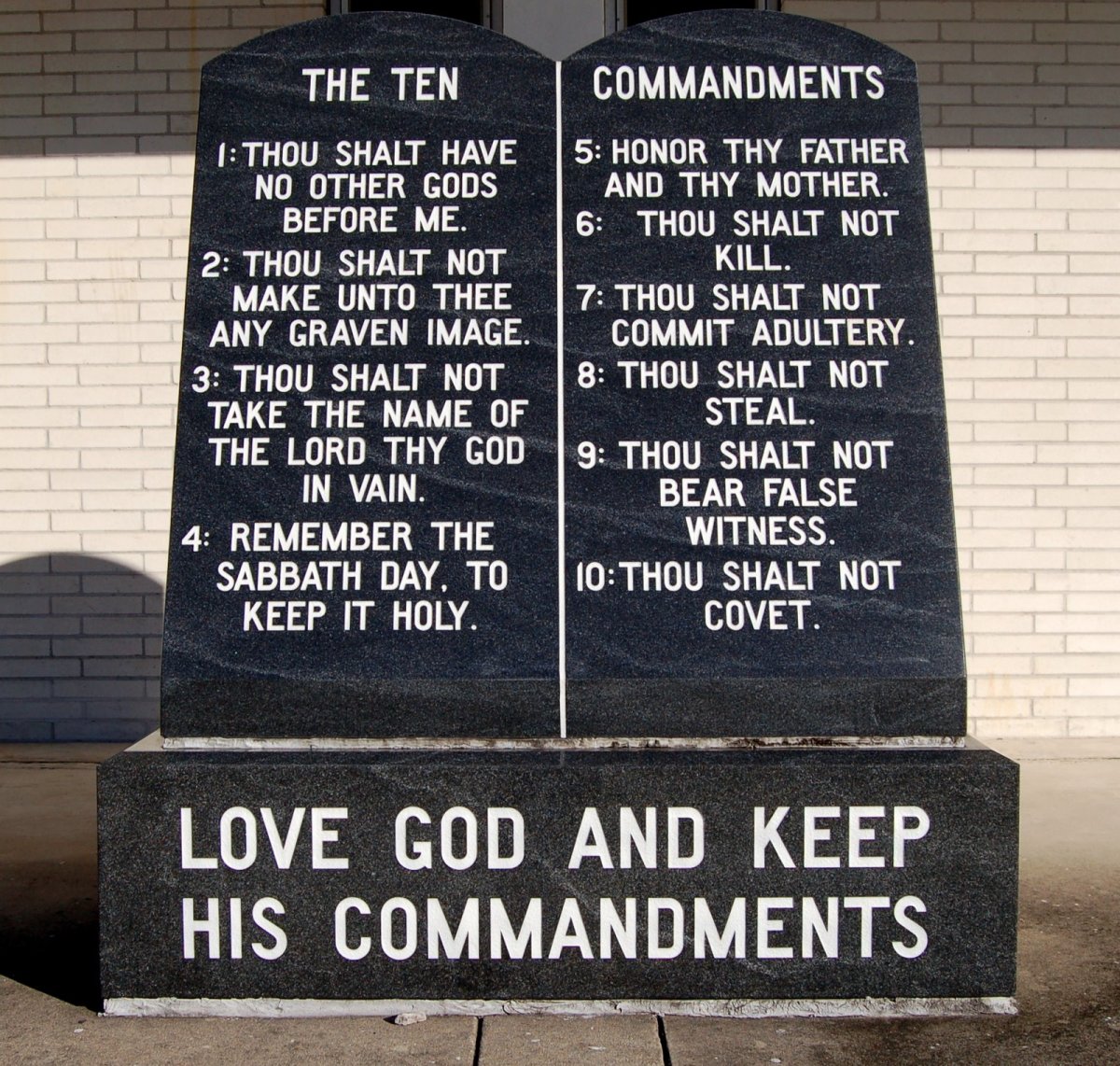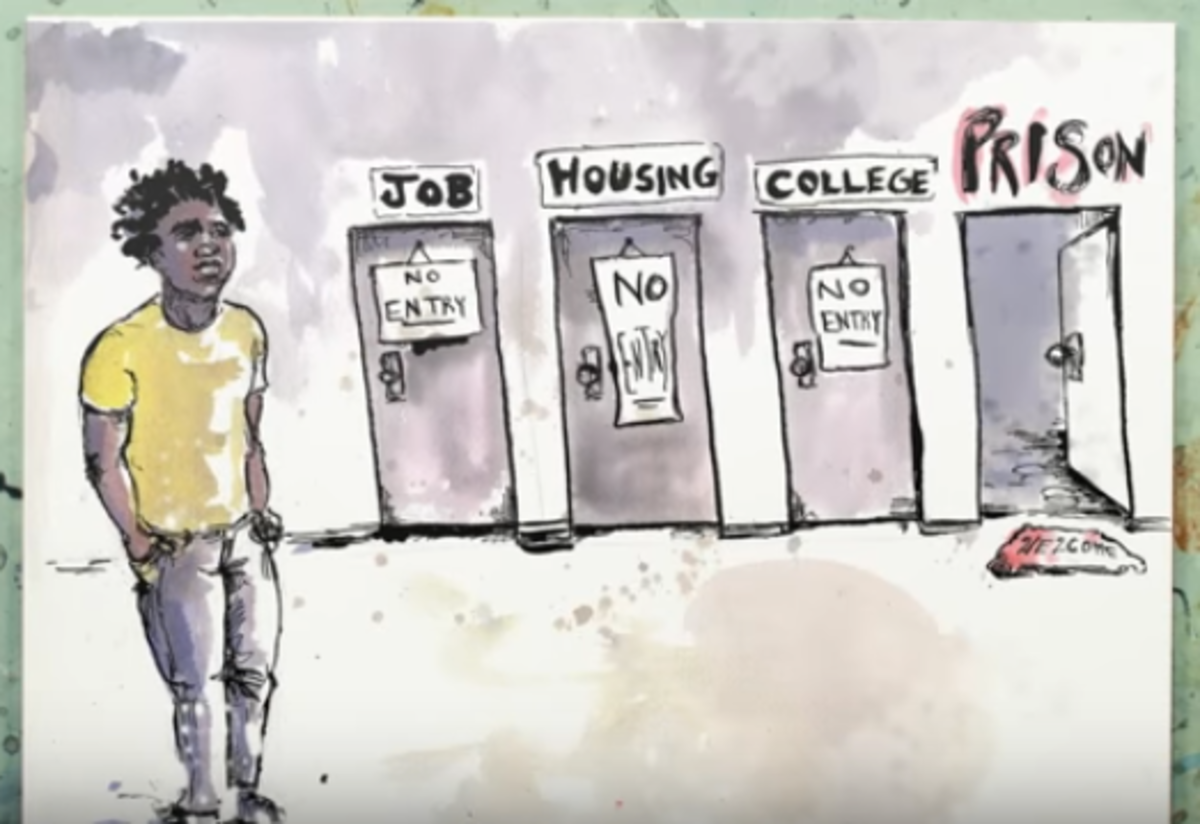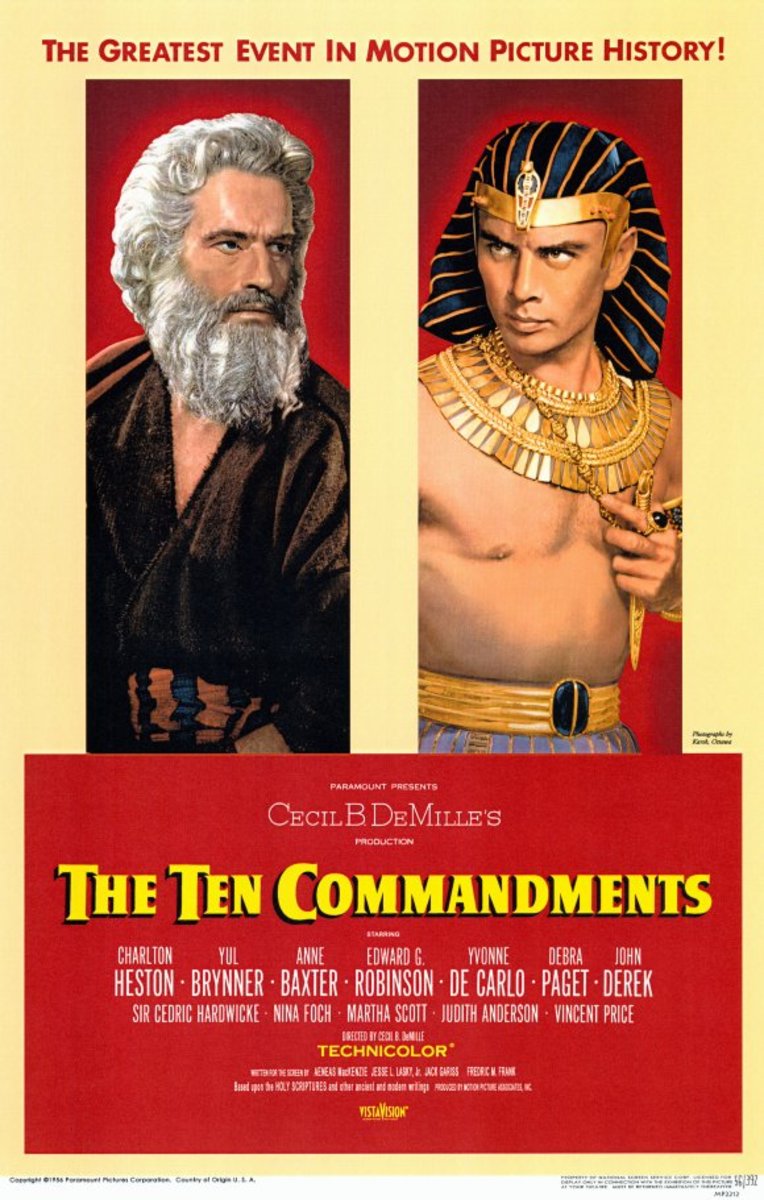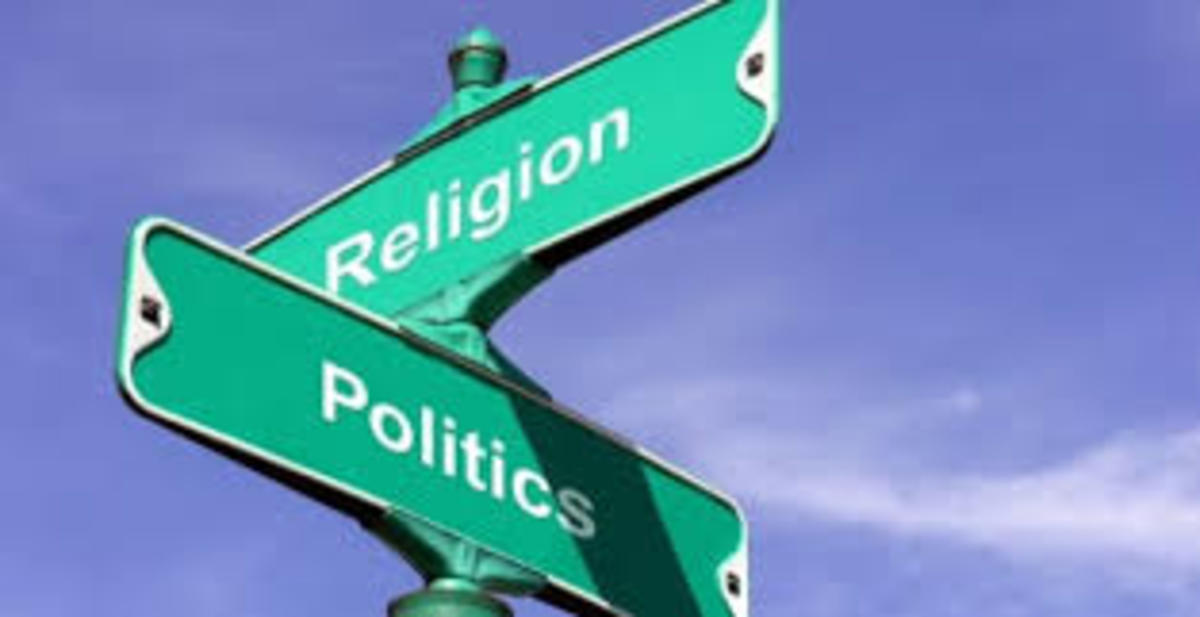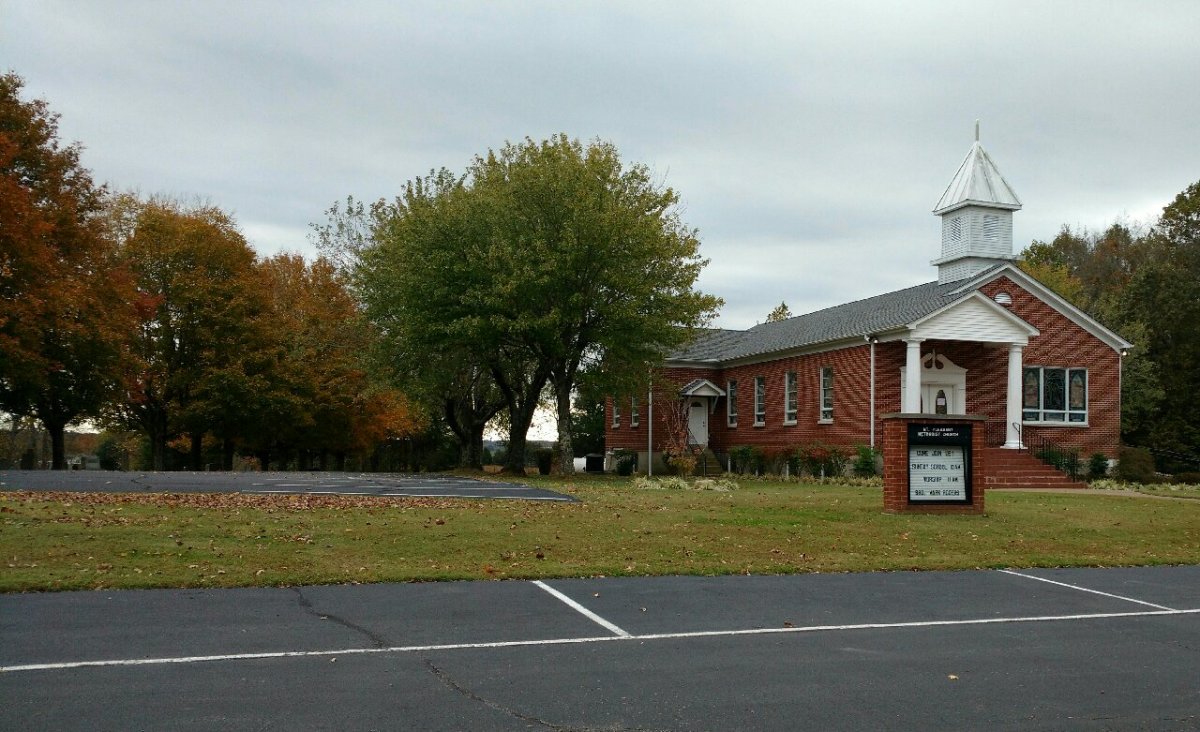Does God's Law Apply to Us Today? (Part II)
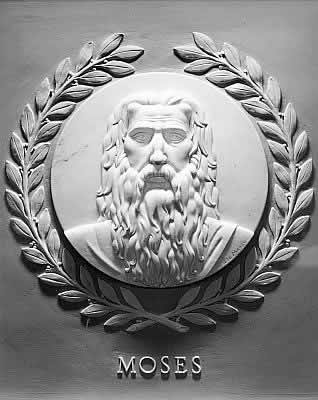
In an earlier article, I stated that our law is based on the moral law of God as revealed in the Bible. Furthermore, God issues one main commandment with subordinate commandments. In this article I continue that discussion, emphasizing the relationship of the Mosaic Code, or the Law of Moses, as it's called, with the Great Commandment and the Ten Commandments. Finally, I deal with some objections that might be raised to the claim that our national laws are based on the moral law as revealed in the Bible.
The Law of Moses
Moses created a code of laws based on the Great Commandment and the Ten Commandments. Whenever the Bible makes reference to “The Law” or “The Law of Moses” this is what it is referring to. Here, Moses is applying the general commands to fit the unique situation of the Israelites. The Ten Commandments only state prohibitions (“thou shalt not”), but doesn’t state the penalty for crimes like theft, murder, and kidnapping. The Mosaic code more precisely gives that. The children of Israel were nomadic, former slaves, extremely self-willed and (by our standards today), cruel and barbaric. In fact, they were such rebels that God allowed none to leave the desert after being released from captivity, except two men, Joshua and Caleb. Even Moses was not permitted to go into the Promised Land because of his anger and rebellion.
The Law of Moses contained not only moral laws, but also ceremonial laws (like the sacrifices mentioned earlier). All together, there were about 400 regulations that were a part of the Law of Moses. The focus of law makers should be on making sure that God’s standards of righteousness are upheld in our laws today. The Law of Moses can provide a guide to the implementation of the moral law, much in the same way that the Federalist Papers inform interpretations of the Constitution. In a way, our lawmakers today are not supposed to “make law.” The law has already been established. Rather they are to take God’s law and translate it into their society. As Christian philosopher David Noebel has put it
Government exists not so much to create laws as to secure laws, to apply God’s laws to general and specific situations, and to act as an impartial enforcer of such laws.
Much of this information may be new to you., but it was not new to our early Americans as these quotes demonstrate. They knew that law cannot stand on its own, that it needs an objective and transcendent base. They understood that morality was essential to political prosperity and that religion was essential to morality.
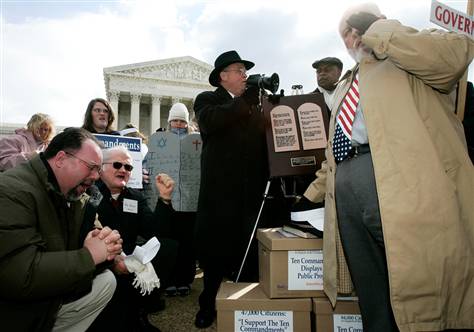
Do We Apply Biblical Law Today?
Objections
One objection to using the Bible as the basis for a moral code has to do with time: “We can’t use the moral system of a Bedouin people from 3,000 years ago. What are we going to start doing: executing people for picking up sticks on the Sabbath”? The Mosaic Code can give us guidance as to how to apply some of the moral principles, but some of the rules in the code would not apply to us, either because they no longer apply, or because we don’t live in a tribal and nomadic culture. It provides a guide for social regulations, but of course, there would be some things that would be different in our society than in ancient Israel, so the application would also be different.
A second (and I think the most persuasive objection) for most people are the penalties that go with some of the prohibitions. Some of the crimes, like rape, murder, adultery, sodomy, and kidnapping are serious enough to receive the death penalty. Some might object saying “this is too harsh” or “What if a mistake is made”?
We have to keep in mind that the purpose of punishment is part punitive and part preventative. The crimes mentioned above are very destructive and the purpose of the penalty is to penalize wrong doing and discourage others from committing those acts. Crimes like murder, rape, torture, sodomy, and kidnapping are the most brutal acts that can be inflicted upon another person. Acts like adultery undermine the family structure and are likely to encourage divorce and children without an intact family. The goal of any justice system should be to make such acts rare; today, they are frequent.
God has provided a criminal justice system that will provide for the greatest freedom for the most people. If God’s system of criminal justice was approved by the American people and their representatives, crime would plummet and safety and security would be more prevalent.
What I'm suggesting is no utopia. God’s system of justice is perfect, but we are not. As long as men maintain the criminal justice system, it will be carried out, to some degree, inconsistently. It also does not prohibit evil men from controlling it. Consider wicked Jezebel who conspired to kill Naboth and take his vineyard. The system of justice was right but it was a weapon in the hands of a wicked queen to do harm to a righteous man.
Right now, we are at a crossroads. Our nation is struggling with whether we are going to abide by God’s law or not. For the most part we have rejected God’s standard of righteousness and what is the result: rampant murder, kidnapping and rape. Acts such as sodomy, which were criminal only a few years ago, are now becoming legally protected. Many of our streets we dare not walk, even during the day. Our moral resolve is so pitiful that we cannot even protect our national borders. Floods of criminals invade our land and our Border Patrol flees from the invaders.
We pay one way or the other. God’s system of criminal justice is severe, but it’s fair and just. It’s the standard of righteousness. If we use God’s system, some will die, but most will obey the law, and a great reduction in crime will result. If we refuse God’s system, many more will die as they continue to do to this day.
Does this sound simplistic? Perhaps, but it would not be easy. President Ronald Reagan once said,
They say the world has become too complex for simple answers. They are wrong. There are no easy answers, but there are simple answers. We must have the courage to do what we know is morally right.
He’s talking to us. We must have the courage to provide for ourselves and future generations a criminal justice system that will be just, fair, and protect the weak and innocent.
© 2010 William R Bowen Jr

